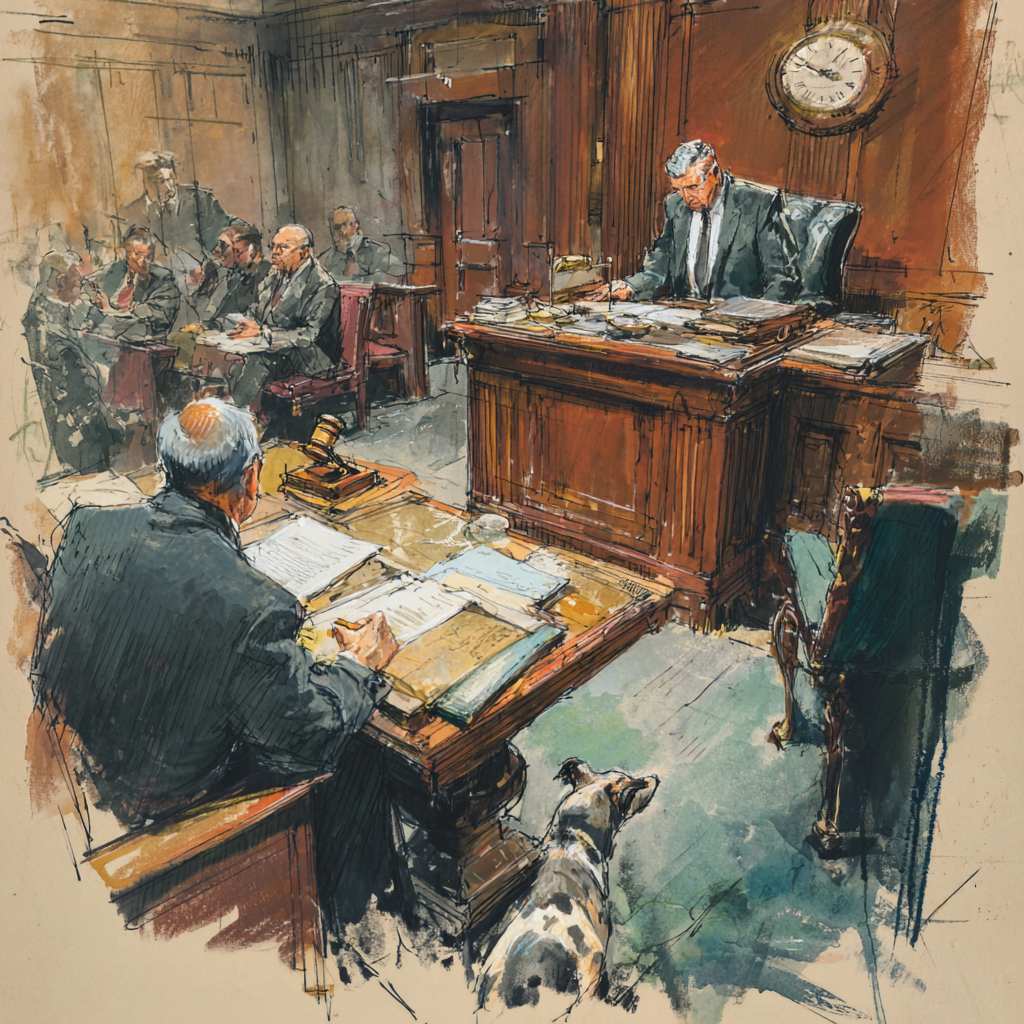All Boro Psychological Servs., P.C. v Allstate Ins. Co., 2013 NY Slip Op 50069(U)(App. Term 2d Dept. 2013)
Plaintiff demonstrated that the bill was overdue. Defendant came back and said the bill was in verification status. Plaintiff moves for summary judgment and Defendant cross-moves for summary judgment or discovery. Court grants Defendant discovery. Plaintiff appeals, Defendant does not cross appeal, so what happens next?
Court grants Defendant summary judgment upon a search of the record. Furthermore, Court says the following about plaintiff’s prima facie case:
“A no-fault provider establishes its prima facie entitlement to summary judgment by proof of the submission to the defendant of a claim form, proof of the fact and the amount of the loss sustained, and proof either that the defendant failed to pay or deny the claim within the requisite 30-day period, or that the defendant issued a timely denial of claim that was conclusory, vague or without merit as a matter of law (see Insurance Law § 5106 [a]; Westchester Med. Ctr. v Nationwide Mut. Ins. Co., 78 AD3d 1168 [2010]; see also New York & Presbyt. Hosp. v Allstate Ins. Co., 31 AD3d 512 [2006]). Here, while plaintiff demonstrated that the claim had not been paid, it failed to demonstrate either that defendant had failed to deny the claim or that defendant had issued a legally insufficient denial of claim form (see Ave T MPC Corp. v Auto One Ins. Co., 32 Misc 3d 128[A], 2011 NY Slip Op 51292[U] [App Term, 2d, 11th & 13th Jud Dists 2011]).”
It would seem that the provider, in order to win summary judgment, would have to prove that it never received the verification requests or that it complied with the verification requests. As that was not done here, summary judgment could not be granted.
This is just rough.









